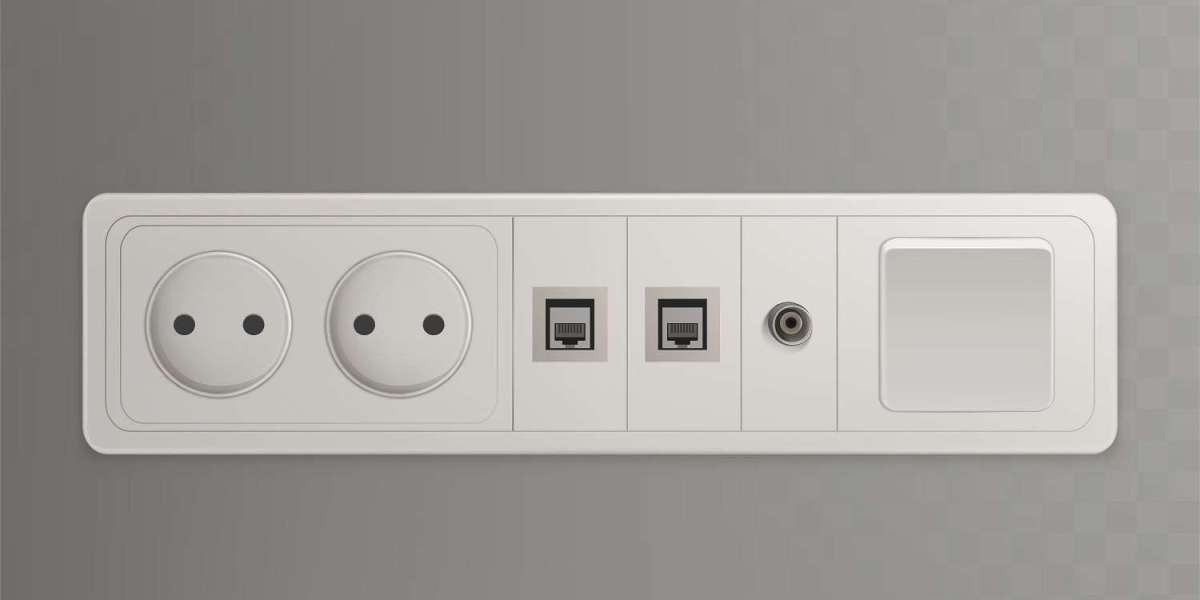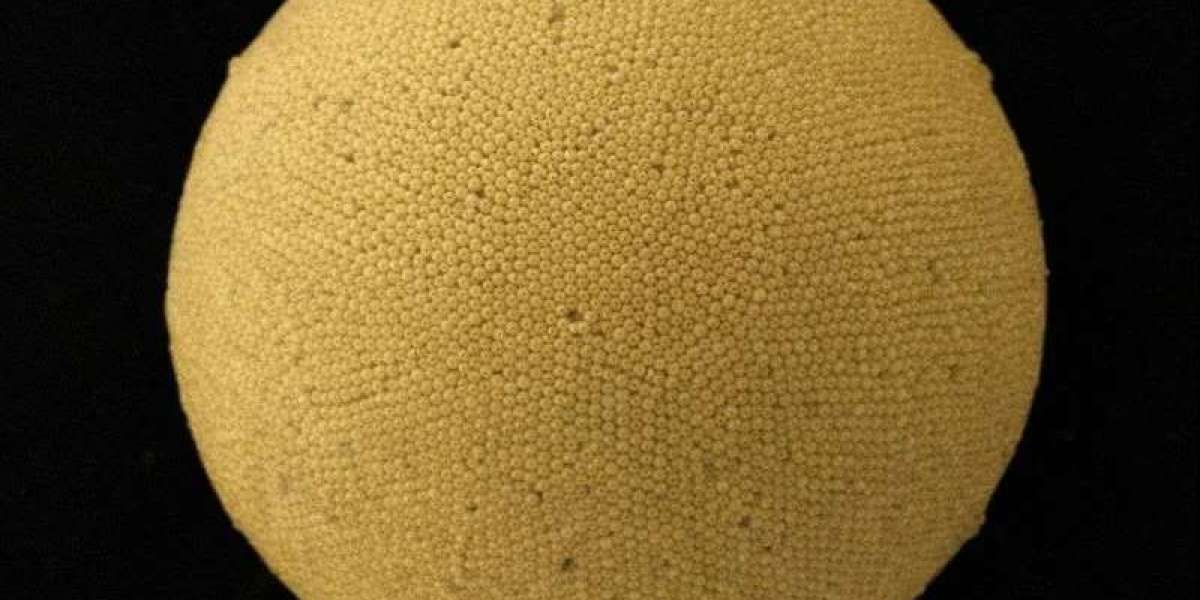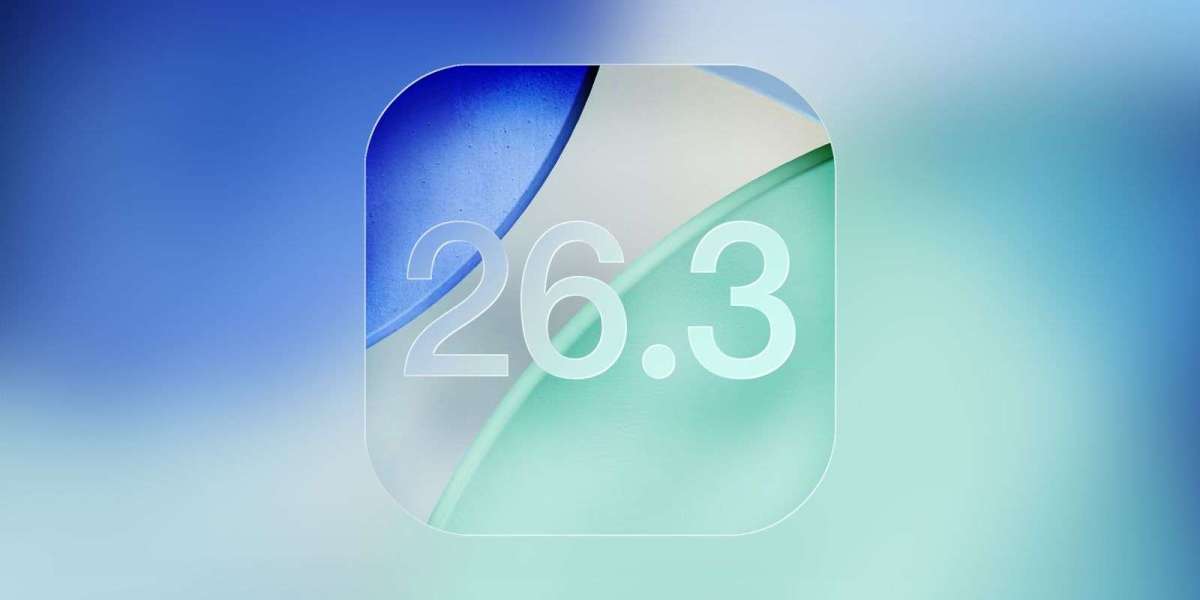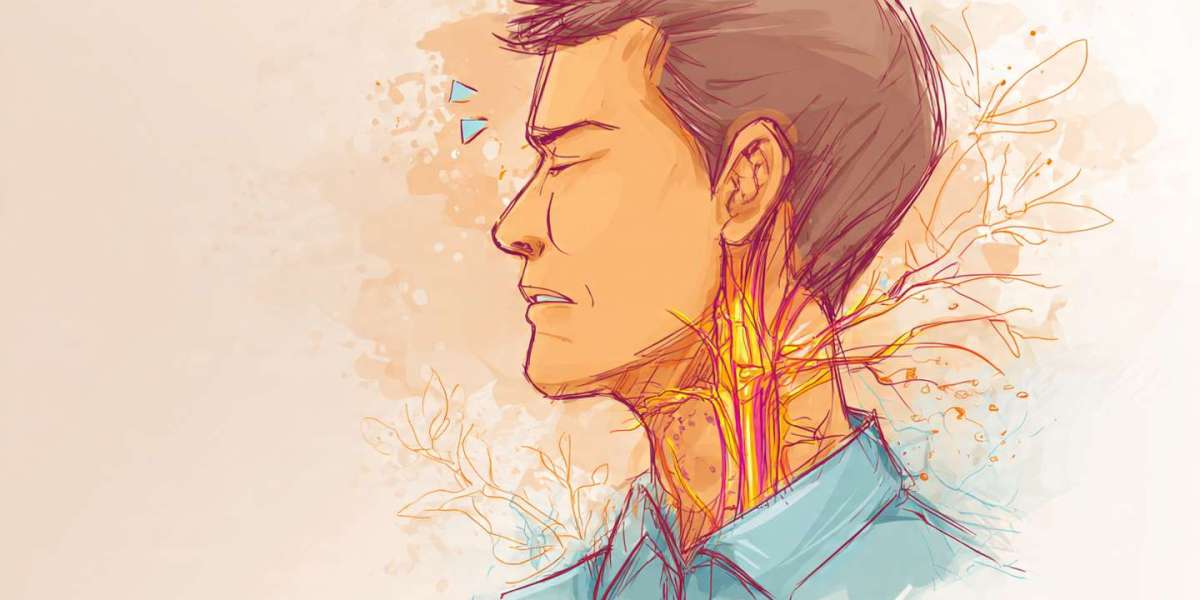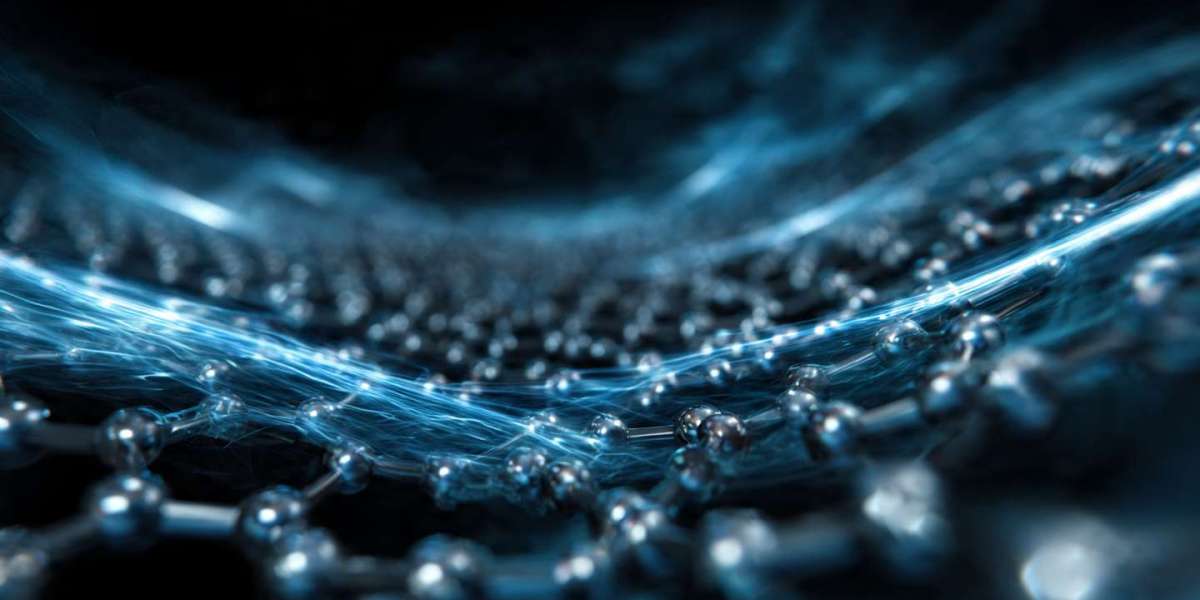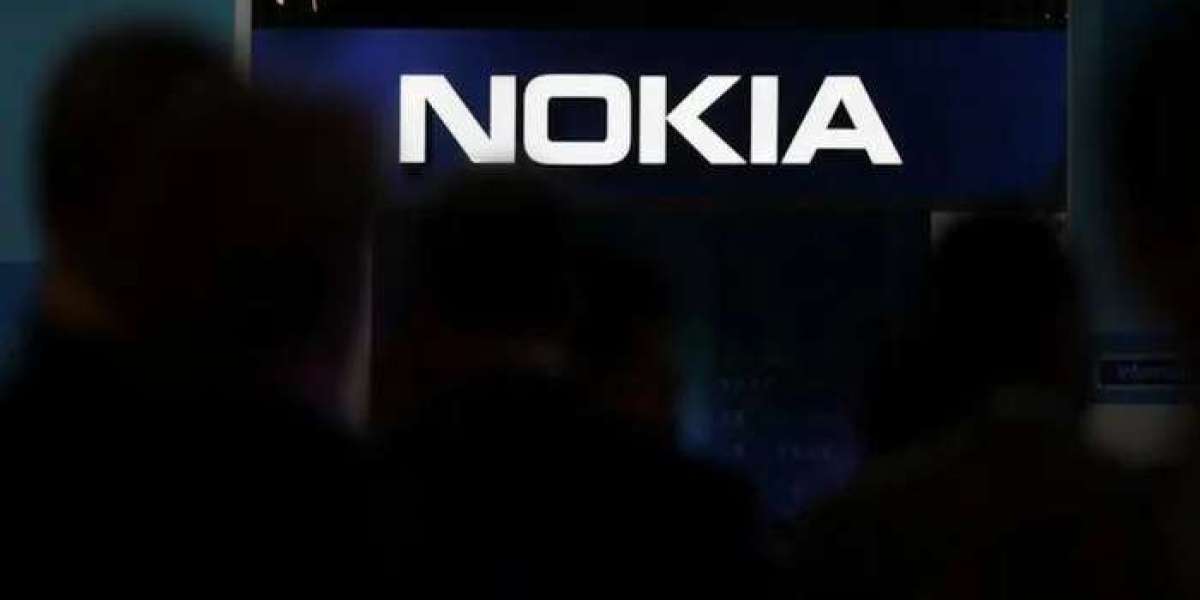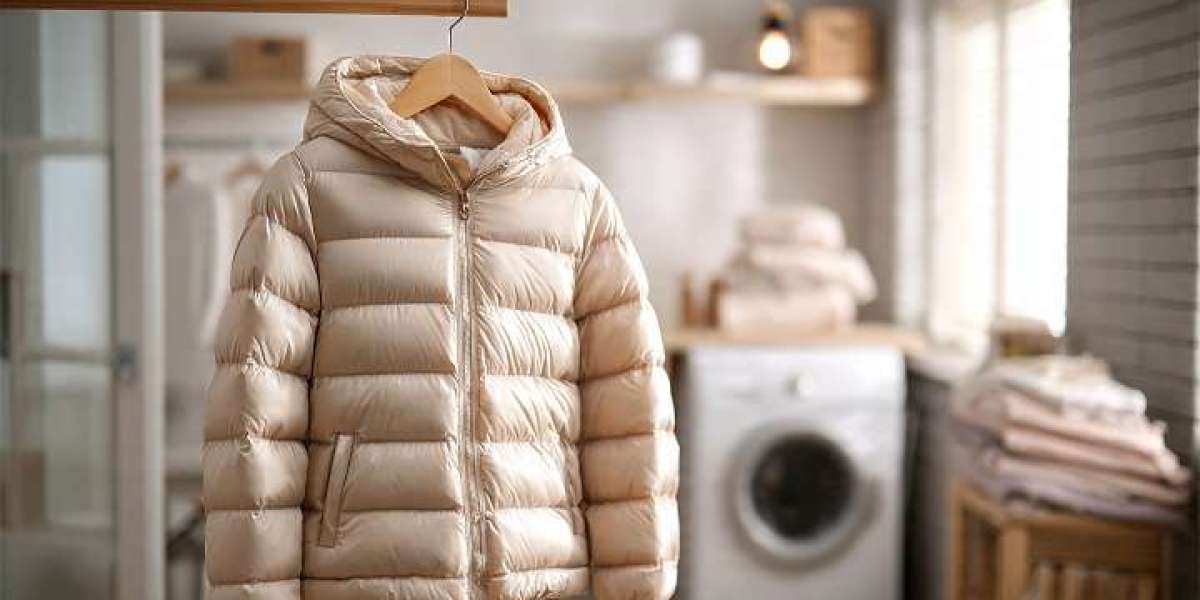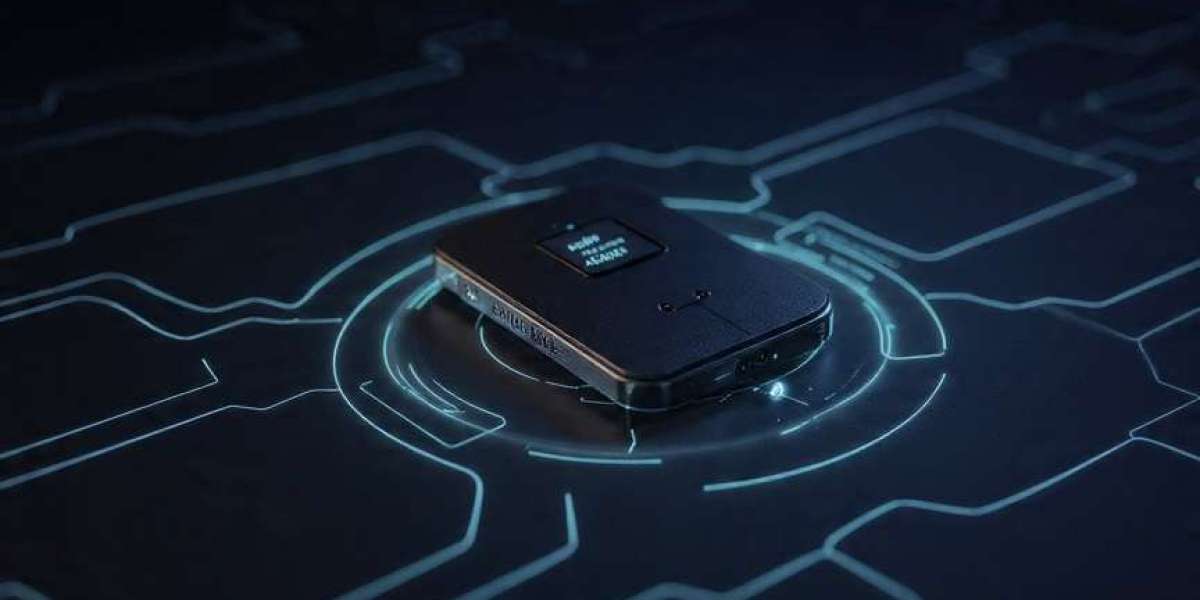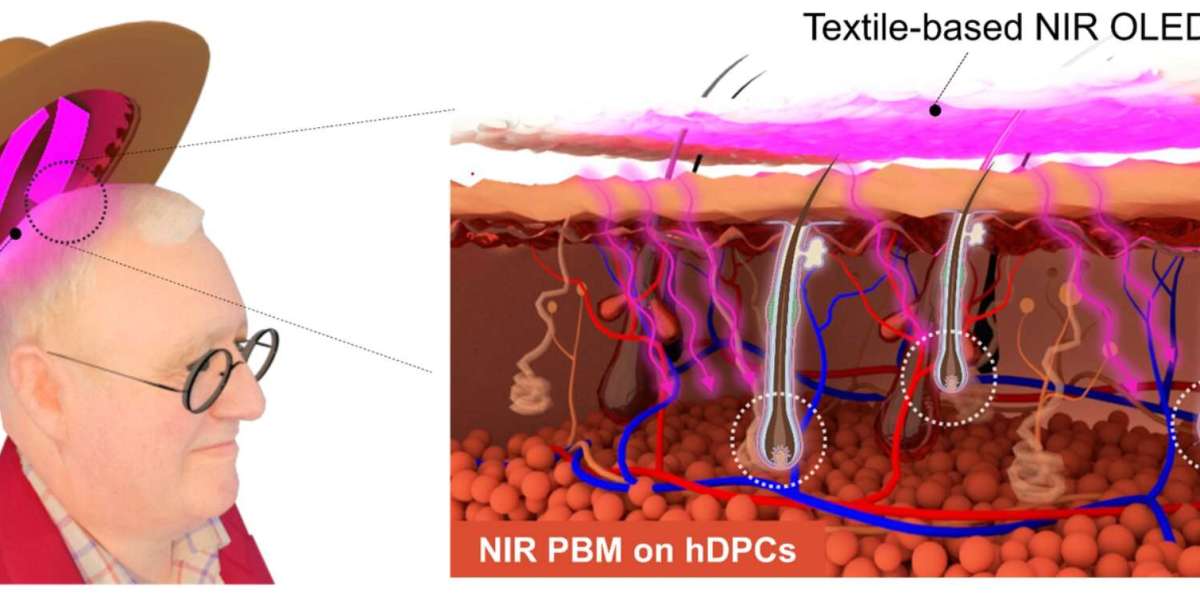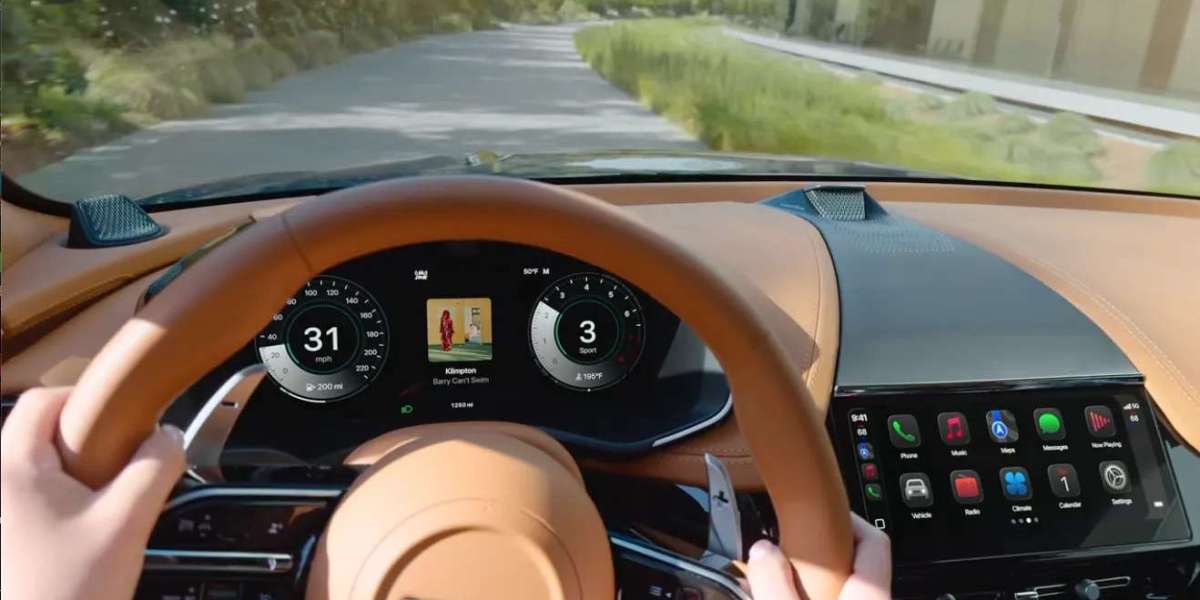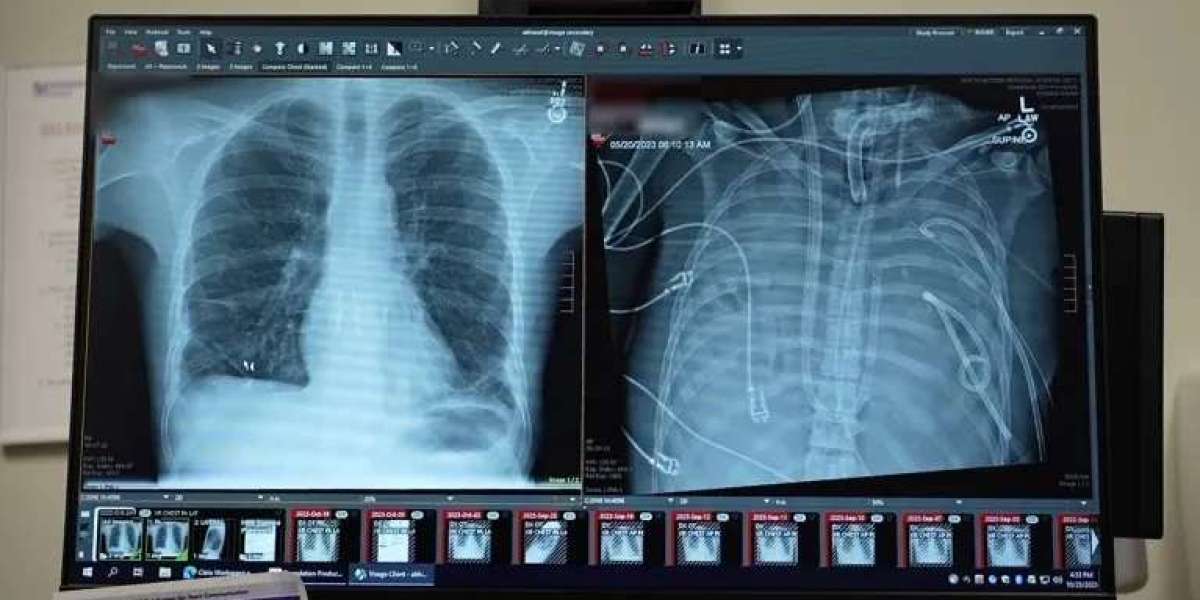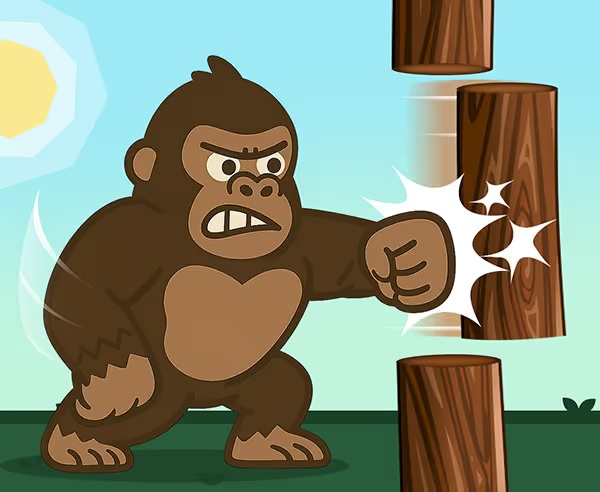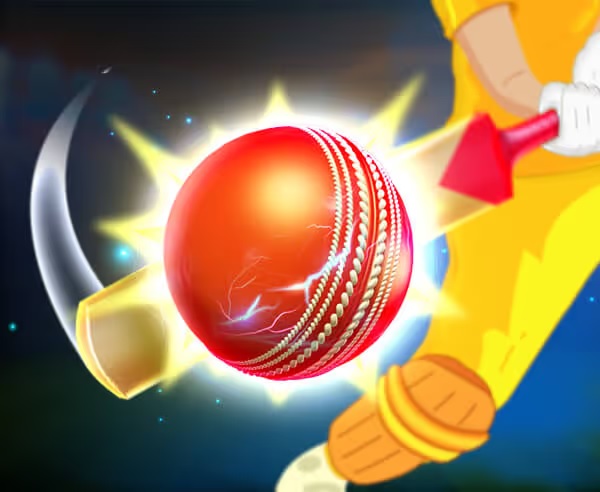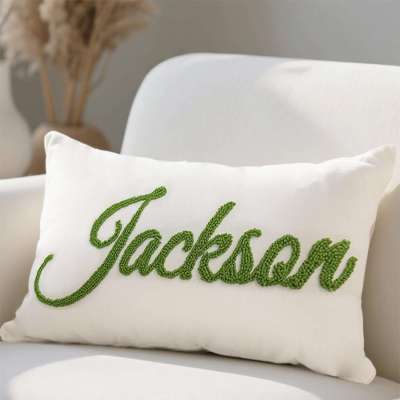article image source: freepik.com (link)
In most homes, the electrical outlets in the walls are often insufficient for the various household appliances, so we often resort to extension cords to meet our various electrical needs.
However, just because you can connect most appliances to an extension cord doesn't mean you should do so without special considerations. In fact, there are some appliances that should be avoided entirely, as they can be a source of fire hazard in your home.
In this report, we discuss what can and cannot be connected to extension cords, and how improper use can be a threat to the safety of your home and family.
How to Use Extension Cords Correctly
Extension cords can always be used with electronic devices, such as laptops, tablets, smartphones, and others. However, large, high-powered electrical appliances can overload extension cords and cause electrical fires, so it's always important to be careful when connecting them to larger, more energy-intensive appliances.

Washing Machine - Photo source and credits: appliances-connection.com
1- Refrigerators, Washing Machines, and Large Appliances
A general rule of thumb is that the larger the appliance, the less likely it is to be used with an extension cord. This means that appliances such as washing machines, refrigerators, electric stoves, and dishwashers should always be plugged into the wall.
According to Adam Nelson, an American electrical expert for Homes and Gardens, "These appliances should be connected to dedicated primary outlets controlled by circuit breakers in the home's main electrical panel."
Since extension cords don't have circuit breakers that can turn off the power when necessary, it's very easy for larger appliances to overload secondary wiring, potentially causing a fire.
Your family members could also be at risk of electrocution if the amperage doesn't match the outlet's power. Therefore, it's essential to check the power requirements of your large appliances to avoid any disasters.
advertisement
2- Small kitchen appliances such as microwaves
We regret to inform you that small kitchen appliances are also included in the prohibited list. According to Nick Small, a small appliance expert at the AO home appliance website, "Small kitchen appliances, such as air fryers, microwave ovens, and electric ovens, consume a significant amount of energy and can overload the home's electrical circuit when connected to an extension cord." This, in turn, could cause an electric shock or fire.
According to electrical experts, each extension cord has a wattage rating that determines the amount of power it can provide. Extension cords are often not equipped to handle these high-powered appliances and can overheat, especially with frequent or prolonged use, posing a significant safety risk.
If your kitchen is small and you don't have enough space to connect small appliances, David Jewison, senior customer service officer at a home insurance company, suggests unplugging additional appliances when not in use.
3- Electric Heaters and Heaters
By nature, electric heaters need to be portable to heat rooms as needed. However, electrical expert Adam Nelson warns against attempting to extend their range by connecting them to an extension cord.
Heaters are among the household appliances that should be plugged directly into an electrical outlet, as are electric heaters. These appliances pose a natural fire risk due to their high heat. Therefore, they should always be plugged directly into the wall socket and secured to the circuit breakers in the main electrical panel to avoid overloading them.
To illustrate, electric heaters generate approximately 1,500 watts to achieve the required heat. This is more than enough to melt extension cord connectors and threaten your home and the safety of your family.
4- Air Conditioners and Air Conditioning Units
Air conditioners often operate during the summer. However, as temperatures rise, they may need to run throughout the day, causing electrical stress.
Furthermore, portable air conditioners consume a lot of energy per minute. A standard air conditioner designed for a 14-square-meter area can consume up to 2,000 watts, which is significantly higher than most commercial extension cords.
For small air conditioners and high-efficiency fans, installing a specialized overhead extension cord with the help of your home's electricians may be beneficial for powering wall-mounted appliances. Even better, a specialized extension cord should be short, as shorter cables handle electricity more efficiently than longer ones.
5. Other Extension Cords!
Connecting one extension cord to another is a common practice in many homes around the world, and it's called daisy-chaining.
Serial wiring can be used in two different ways:
Connecting extension cords in series to increase the number of devices that can be connected simultaneously, and connecting extension cords in series to increase the cable length and extend the electrical reach.
Regardless of the reason, experts emphasize that extension cords should never be connected to each other. Serial wiring can overheat the electrical circuit, causing the connectors of all connected cables to melt or burst.
Please note that daisy-chaining is dangerous even when it involves connecting non-high-powered devices, such as a television cable. A safer alternative is to install multiple electrical outlets in your home and then assign each extension cord a separate outlet.
Another risk associated with daisy-chain wiring, especially as the cable length increases, is that it can lead to what is known in the electrical world as "voltage drop and resistance increase," which can reduce the efficiency of the cable and the devices connected to it.
Thank you !
